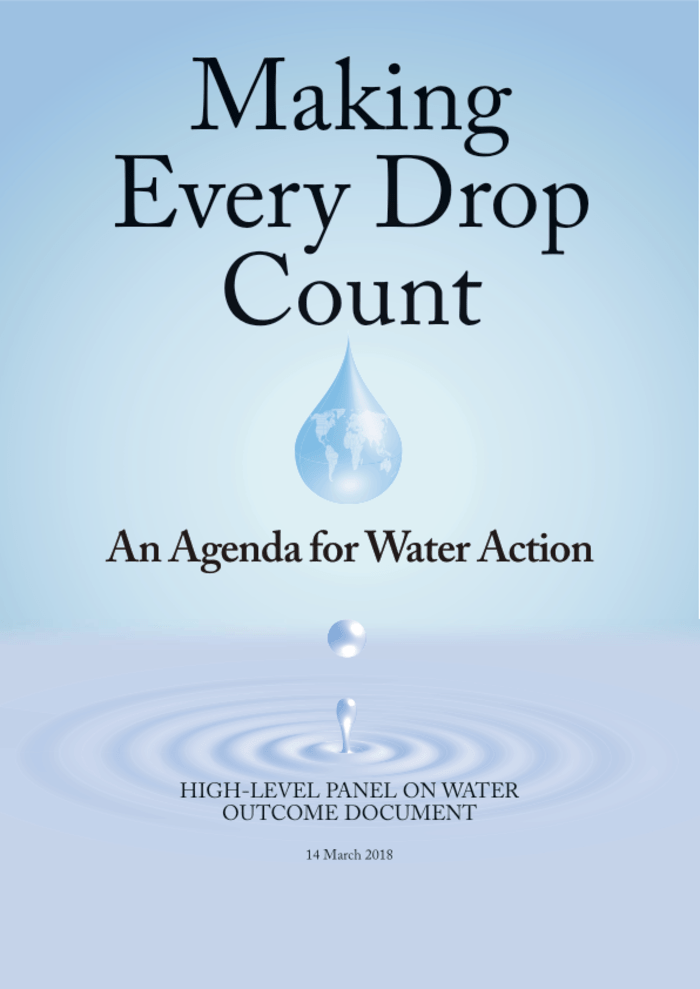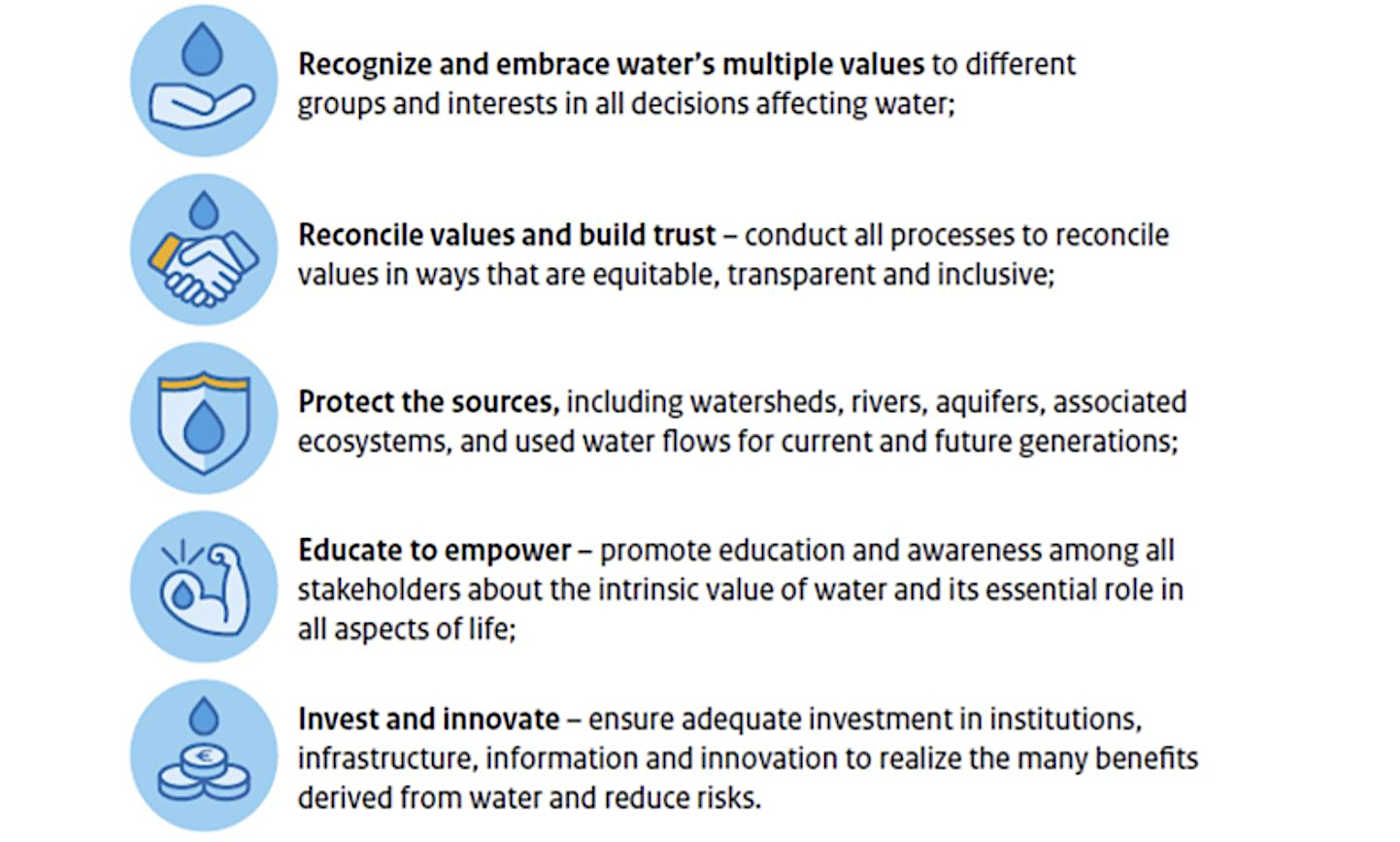A value-based approach for protecting groundwater
Groundwater is one of our most important freshwater sources. It accounts for 99% of all liquid freshwater on the planet and provides for half of our domestic water use globally. Around the world, entire communities, industries and ecosystems owe their existence to the availability of this precious resource.
But groundwater is easily overlooked for the simple fact that it is usually invisible to us – and out of sight often means out of mind. It remains poorly understood and inadequately governed, with pollution and over-abstraction two of the biggest threats to its sustainability. Our reliance on groundwater is also increasing. As climate change intensifies, surface water availability is diminishing and in many places groundwater resources are being placed under growing stress. Factor in the rising demand for water from population growth and industrial development, and the urgency of better groundwater governance becomes obvious
If governed judiciously, we can not only protect groundwater for future generations but also unlock its immense development potential. Water is the red thread connecting all of the Sustainable Development Goals (SDGs) and can function as an enabler and entry point for their achievement. The water community rightly pays special attention to SDG6 – clean water & sanitation for all by 2030 – but other critical goals such as zero hunger, gender equality and climate action are equally dependent on the availability and good governance of water resources. So how might we rethink our approach to groundwater in pursuit of these goals?
One option would be to integrate the Valuing Water Principles into groundwater governance and management frameworks. The principles were first set out by the UN/World Bank High Level Panel on Water in its 2018 report, Making Every Drop Count, and in 2019 the Netherlands launched the Valuing Water Initiative (VWI) to explore how the principles can help improve decision-making on water. RVO currently implements the programe on behalf of the Ministries of Foreign Affairs and Infrastructure & Water Management.

The first two principles call for us to recognize and embrace the multiple values of water, including its many non-economic values, and to reconcile these values in ways that are inclusive, transparent and equitable. Not an easy task, to be sure; but these principles are a solid reference point for groundwater governance which must grapple with the profound challenge of managing a finite resource that is vulnerable to pollution and often transverses national and regulatory borders. The key idea behind the VWI approach is that by focusing on the underlying values which shape our interests and preferences, we can improve decision-making by bringing more perspectives to the table and building trust between water stakeholders. In some situations, this may lead to different outcomes through value reconciliation and trade-offs; in others, it may simply mean making the dominant value paradigm more explicit, improving transparency and legitimacy by requiring that assumptions are unpacked and decisions better justified. In either case, shedding light on water’s many values – and our own core values as individuals – can help us improve our decision-making processes in order ultimately to arrive at better outcomes.

Principles Three, Four and Five will also be of interest to groundwater governance practitioners. They call for the protection of water sources; education of water stakeholders to empower them; and investment and innovation, including in institutions, information and infrastructure that can realize water’s many benefits while reducing risks. Although not a detailed roadmap on their own, the principles can help inform the establishment of new groundwater governance frameworks where these are lacking, as well as strengthening those already in operation.
Underpinning all of this is a need to think systemically. Water knows no boundaries, but too often we still think and act at the margins of the problem. A values perspective can help us get to the core of the big water challenges we face, and few could be more important than the sustainable management of our groundwater resources.